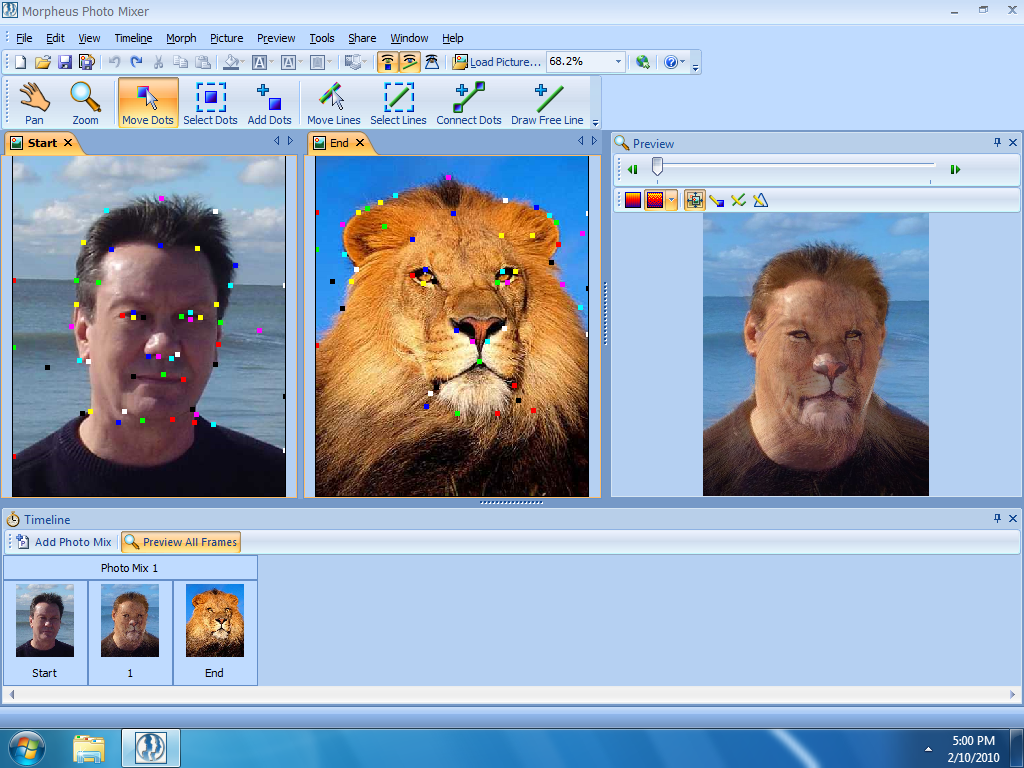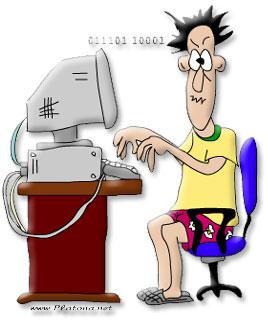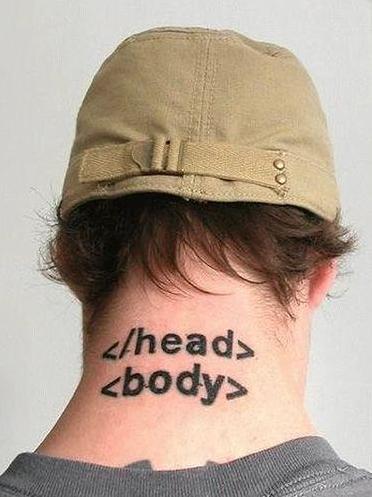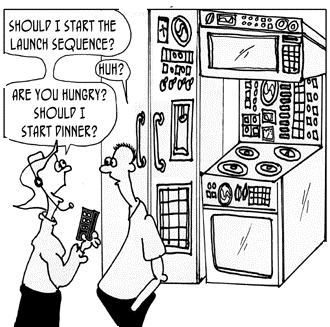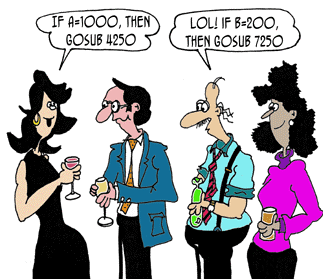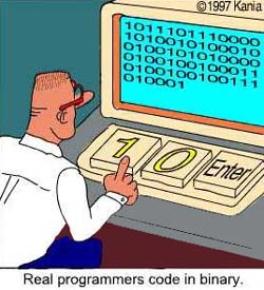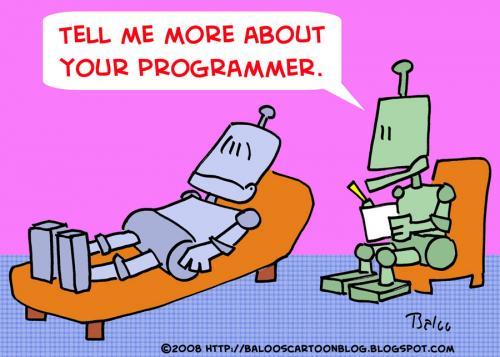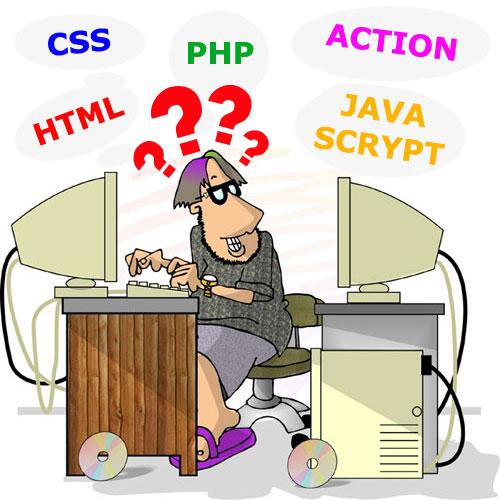
- •А.Д. Музафарова а.Г. Ковалева
- •Vocabulary practice section 1
- •Vocabulary practice section 2
- •Vocabulary practice section 3
- •This week: software
- •Vocabulary practice section 1
- •Vocabulary practice section 2
- •Internet: Voice recognition takes off
- •Programming languages.
- •Vocabulary practice section 1
- •Vocabulary practice section 2
- •Int — international organization
- •Vocabulary practice section 3
- •The 15 enemies of the Internet
- •Internet crime
- •Vocabulary practice section 1
- •Vocabulary practice section 2
- •Vocabulary practice section 3
- •How a virus infects a program
- •Vocabulary practice section 1
- •Video Games
- •Vocabulary practice section 2
- •Vocabulary practice setion 3
- •Vocabulary practice setion 4
- •Twitter's transmitters
- •Vocabulary practice section 1
- •Good Web Design? What Is It?
- •Vocabulary practice section 2
- •Vocabulary practice section 3
- •Top Five Ways to Make Your Site More Popular
- •1. Strong Hosting
- •2. Optimize Your Website
- •3. Take Advantage of Social Media Optimization
- •4. Get Your Visitors Involved
- •5. Emphasize Usability in Your Design
- •You’ve been in graphics too long if…
- •Internet
- •Web design
You’ve been in graphics too long if…
|
|
Most of your friends can pronounce Gouraud first time. When you fist heard that some people used 16 million colours you wondered whatever for and continued to write colour-map tables for correct highlights on objects. You remember comp.graphics when there weren't enough articles for you to read, none of them included the word PC and | |
|
nobody ever asked the difference between raytracing and rendering. You insist that DOOM does not use raycasting. (Technically, as it was first introduced, and anyway, who plays games at your age?) Your partner knows the difference between scientific visualisation and photorealistic rendering, even though they wouldn't know a polygon from a camel. You think an SGI Indy is OK for a quick hack but not a real graphics machine. |
| |
You remember discussing how one day there would be graphics hardware to support rendering in desktop machines and people laughed.
You watched the Last Starfighter in an empty theatre and marvelled thinking it was even better than TRON.
You remember thinking that parallel computers would solve your graphics problems.
You remember when you thought X was a high level graphics language.
You get drunk and suddenly get really excited examining the light reflected through the whisky.
You get despondent while walking in the woods and think "I'll never be able to render this in real time."
You once sat up all night watching your home computer calculate the mandlebrot set with 16 colours and a resolution of 200x200.
You sat up the next night with colleagues watching your home computer calculate the mandlebrot set with 16 colours and a resolution of 200x200.
Your address book has email entries for Benoit, James F, and Prof David R.
You think being a computer geek is only half way there.
You wonder how nature processes all those photons so quickly.
When people mention the word graphics you really insist they are more accurate in their terminology.
You get irritated by people who say, "Oh, graphics, that's a solved problem" (even if they then go on to be precise about what they mean by the term "graphics").
You own one or more of the following: a glass sphere, a prism, more then two copies of Foley and Van Dam, a computer which cost more than your car, a computer which cost more than your house, a pet named Phong, a graphics board from a defunct supercomputer (properly framed) or a Rubics Cube (original).
You get 75% of the above.
PROGRAMMING
|
An IBM customer had trouble installing software and rang for support. "I put in the first disk, and that was OK. It said to put in the second disk, and had some problems with the disk. When it said to put in the third disk, I couldn't even fit it in..." The user hadn't realized that "Insert Disk 2" implied removing Disk 1 first. |
| |||
|
|
Programming language acronyms BASIC: Boring And Shamelessly Idiotic Coders BASIC: Badly Assembled, Severely Illogical Code BASIC: Beginner's Algorithms for Seemingly Infinite Confusion BASIC: Bill's Attempt to Seize Industry Control C: Confusing COBOL: Completely Obsolete Business Oriented Language COBOL: Completly Outdated, Badly Overused Language COBOL: Compiles Only Because Of Luck COBOL: Coded Only By Obsessed Lunatics |
| ||
|
|
FORTRAN: Files Only Run Through Right At Never-neverland LISP: Lots of Insanely Stupid Parentheses PASCAL: Programmers Against Structured Code And Language | |||
Software development cycle
|
1. Programmer produces code he believes is bug-free. 2. Product is tested. 20 bugs are found. 3. Programmer fixes 10 of the bugs and explains to the testing department that the other 10 aren't really bugs. 4. Testing department finds that five of the fixes didn't work and discovers 15 new bugs. 5. Repeat three times steps 3 and 4. 6. Due to marketing pressure and an extremely premature product announcement based on overly-optimistic programming schedule, the product is released. |
7. Users find 137 new bugs. | ||||
|
Programmers at a cocktail party |
8. Original programmer, having cashed his royalty check, is nowhere to be found. 9. Newly-assembled programming team fixes almost all of the 137 bugs, but introduces 456 new ones. 10. Original programmer sends underpaid testing department a postcard from Fiji. Entire testing department quits. 11. Company is bought in a hostile takeover by competitor using profits from their latest release, which had 783 bugs. 12. New CEO is brought in by board of directors. He hires a programmer to redo program from scratch. 13. Programmer produces code he believes is bug-free…. | ||||
|
|
LAWS OF COMPUTING A computer program will always do what you tell it to do, but rarely what you want it to do.
COMPUTER TERMS PROGRAMS - Those things you used to look at on your television before you hooked your computer up to it.
|
| |||
|
|
MURPHY’S COMPUTER LAWS
| ||||
|
| ||||
|
|
|
Make it possible for programmers to write programs in English, and you will find that programmers can not write in English.
Software bugs are impossible to detect by anybody except the end user.
A program generator creates programs that are more buggy than the program generator.
Debugging is at least twice as hard as writing the program in the first place. So if your code is as clever as you can possibly make it, then by definition you're not smart enough to debug it.
Every non trivial program can be simplified to one line of code, and it will contain a bug.
A patch is a piece of software which replaces old bugs with new bugs.
A program is good when it's bug free - which is impossible.
Bugs will appear in one part of a working program when another 'unrelated' part is modified.
Bugs mysteriously appear when you say, "Watch this!" If you call another programmer over to see if he knows what's wrong the bug disappears.
The worst bugs in your program will show up only during the final review.
The number of bugs always exceeds the number of lines found in a program.

